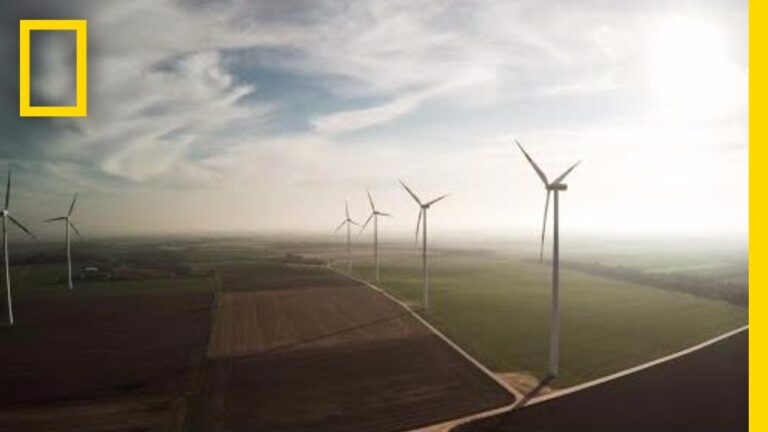Public Facts on Renewable energy
- Renewable Energy is energy that is produced from renewable resources such as Sunlight, Wind, Rain, Tides, Waves & Geothermal heat. Although most renewable energy sources are sustainable, some are not. For example, some Biomass Sources are considered unsustainable at current rates of exploitation.
- Renewable energy often provides energy for electricity generation to a grid, air and water heating/cooling, and stand-alone power systems. About 20% of humans’ global energy consumption is renewables, including almost 30% of electricity.
- About 7% of energy consumption is traditional biomass, but this is declining. Over 4% of energy consumption is heat energy from modern renewables, such as solar water heating, and over 6% electricity.
Based on National Geographic Guide
There are many benefits to using renewable energy resources, but what is it exactly? From solar to wind, find out more about alternative energy, the fastest-growing source of energy in the world—and how we can use it to combat climate change.
Who are the Leaders in Renewable Energy?
Based on CNBC Report
Around the world, governments are tapping into renewable sources to fuel the growing demand for energy. But as the conversation steers away from the costs of clean energy to the best practices, CNBC’s Nessa Anwar evaluates which countries are having the most success and the challenges that still lie ahead.
View, Read and Learn More Here:
- Retail Failure Stories
- Supply Chain
- Energy
- Artificial Intelligence
- E-Commerce
- Retail Shipping
- Rags to Riches Stories
- Retail Success Stories
- Travel Food Culture


